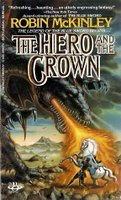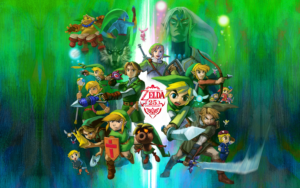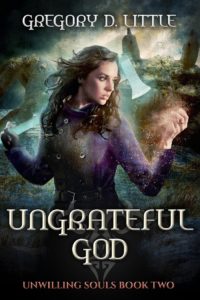Hello everyone! I hope you’ve been enjoying our month-long look at the many concepts of friendship in fiction as much as I have! I’ve been thrilled to see all the different perspectives and interpretations that my fellow Fictorians and guest posters have brought to the table.
For my own look at friendship, I’d like to take a slightly different tack. Rather than covering a favorite friendship in a story (I’ll do that in my second post later this week) or discussing how my friends have helped me in my own career, I’m going to talk directly to that most important of friends… your friend. There’s no more valuable resource than that dependable friend of the writer. (Family members count as friends too, of course!) Thus, I’d like to take my post to address those reliable folks who have our backs.
Go ahead, invite them over. Are they here? Seated comfortably? Great. First off pal, on behalf of all writers everywhere we want to say: Thanks!
Being the friend of a writer is not always an easy task. There is the time we take away from the friendship to (hopefully) bang away at a keyboard, or alternatively softly bang our head against our desk. There’s the staring off in space when you’re trying to talk to us, knowing our head is a thousand miles away chasing plot bunnies. We can’t help it, and we love you for understanding.
In truth, knowing you understand and care about our mad quest is all we need. If you ever wonder if there is more you can do to help us, I have a few suggestions:
- If you like to read, you might ask if we’d like you to read something of ours. We might say yes, we might say no. We know you will understand either way, but I’m guessing many of us will say yes. In fact, some of us were probably hoping you’d read our stories, but we were too shy to ask you.
- If you read our stuff, please understand you don’t have to like it. Tell us what you really think, what you liked and what you didn’t. Often times the most valuable feedback we can get is what a story made you feel, and at what points did you have those feelings. Even the bad ones, like boredom for example. It is so valuable to know where a reader loses interest. Good stuff is great too of course! We want to know what you loved, where you cried, what villain you hated. Give us the real truth, good and bad. We were friends before, we’ll be friends after – no matter what feedback you give.
- If you’re willing, let us bounce ideas off you. You don’t have to be a writer to be a great sounding board. Writing is just another form of storytelling, most people have strong reactions to storytelling no matter what the media it’s in. Sometimes that fresh perspective on a problem is just super helpful. Next time you see us lost in thought chasing those plot bunnies I mentioned, maybe offer to help us talk it out? You may have a bunny trapping method we never would have thought of.
- Finally, if you truly like our stories we can never get enough promotion. Many writers are pretty shy by nature and self-promotion comes hard for most of us. Just sharing a Facebook post or re-tweeting a book announcement is such a great gift to your writer friends. Additionally, “buy this person’s book, it’s awesome” often just carries more weight than “buy my book”
None of the above is required of course. We’re so thrilled to have you as a friend even if you never read a word of what we write. Just the fact that you are supportive and understanding of our strange creative mania is enough for us. We may not say it as often as we should, but I’ll say it clearly here:
Friend, we couldn’t do this without you!






